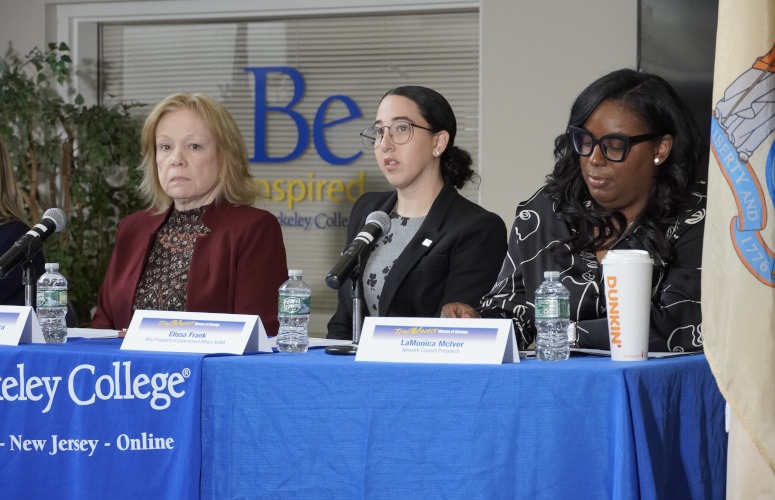
Rutgers Breaks Ground on Center for Adult Autism Services’ New Facility
The center offers adults with autism spectrum disorder a unique support program to help them live independent and fulfilling lives
On Jun 11, 2019Rutgers University broke ground yesterday on the new state-of-the-art facility that will house the Rutgers Center for Adult Autism Services (RCAAS), which provides employment, vocational training and other services to individuals with autism.
The center, located on the Douglass Campus of Rutgers University-New Brunswick, is the first of its kind at a higher education institution in the United States. The new building, expected to open in 2020, will allow the center to more than double its capacity from 12 to 30 participants. The project, estimated to cost $9.5 million, is financed by philanthropic funds.
“This center will have a lasting impact on the lives of adults with autism in New Jersey and across the country,” Rutgers President Robert L. Barchi said at the groundbreaking event.
RCAAS, established in 2016, serves adults with autism by providing meaningful, paid employment and integration into the Rutgers community. The new facility will include vocational and life skills teaching areas, high-tech meeting rooms and amenities intended to provide a welcoming environment for program participants and other members of the surrounding community, including Rutgers students, faculty and staff.
Mel Karmazin, the former CEO of Sirius XM Radio, was a key leader in fundraising for the project along with his daughter Dina Karmazin Elkins, executive director of the Mel Karmazin Foundation. Dina Karmazin’s son, Hunter, was diagnosed with autism at age 2, and the Karmazin Foundation has been active in autism causes.
“What would be a better place to house a center that would create jobs for adults on the spectrum than a college campus?” Mel Karmazin said at the groundbreaking.
“At Rutgers, there are so many benefits for these participants, including transportation and food services. Graduate students in psychiatry can benefit in having the adults on campus, and the adults benefit from the graduate students available for their needs,” Karmazin said.
“While we wish that there were other places like this, we are hopeful that we will be able to demonstrate how beneficial this program is so that it can serve as a model. There are far too many adults out there that are on the spectrum for us not to do everything we can do to create more jobs and opportunities for them,” Karmazin added.
To access more business news, visit NJB News Now.
Related Articles:





